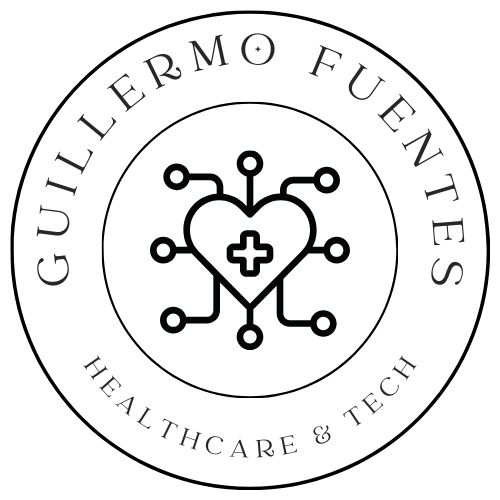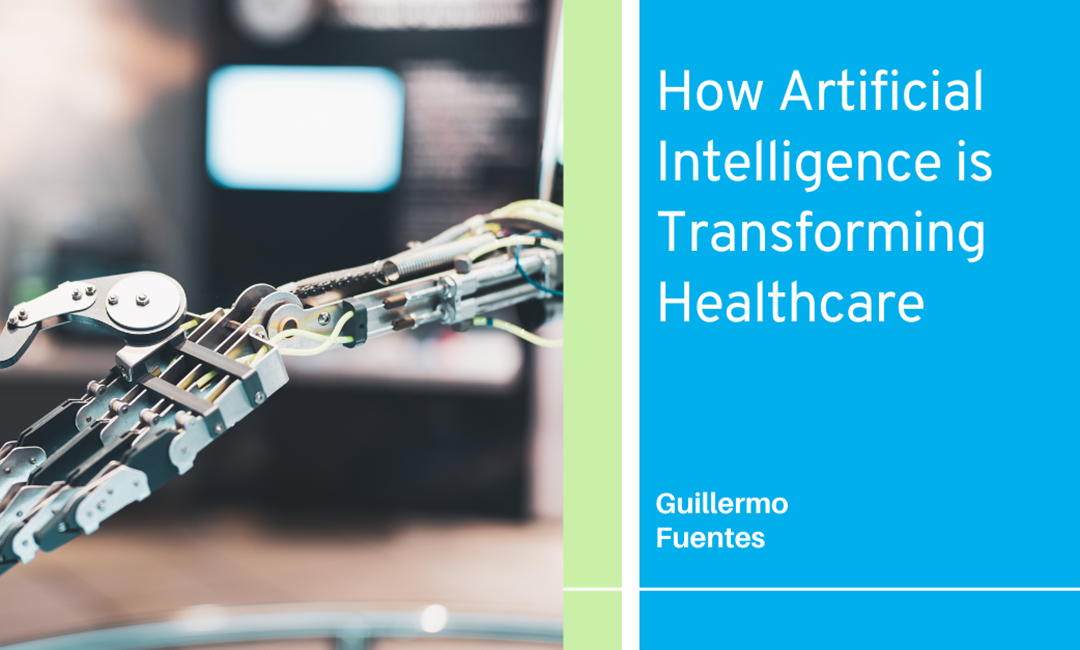Artificial intelligence (AI) is revolutionizing healthcare, offering transformative solutions that enhance diagnosis, treatment, and patient care. By leveraging machine learning, natural language processing, and advanced data analytics, AI is poised to address some of the most pressing challenges in the medical field. Here’s how AI is reshaping healthcare today.
One of the most significant impacts of AI in healthcare is in diagnostics. AI algorithms can analyze medical images such as X-rays, MRIs, and CT scans with remarkable accuracy and speed. These algorithms, trained on vast datasets, can detect anomalies and diseases like cancer, fractures, and neurological conditions, often with greater precision than human radiologists. For example, AI systems can identify early-stage tumors in mammograms, leading to earlier intervention and improved patient outcomes. By assisting radiologists, AI not only enhances diagnostic accuracy but also significantly reduces the workload, allowing doctors to focus more on patient care.
AI is also revolutionizing personalized medicine. By analyzing genetic information, lifestyle data, and medical history, AI can predict an individual’s risk of developing certain diseases and recommend tailored prevention strategies. In oncology, AI can identify specific genetic mutations in a tumor, enabling the selection of targeted therapies that are more effective and have fewer side effects compared to traditional treatments. This personalized approach is extending to other areas, such as cardiology, where AI can predict the likelihood of heart disease and suggest personalized lifestyle changes and treatments.
In the realm of patient care, AI-powered virtual assistants and chatbots are becoming increasingly common. These tools provide patients with instant access to medical information, symptom checks, and appointment scheduling. For instance, AI chatbots can guide patients through symptom assessment, recommend appropriate actions, and even help manage chronic conditions by providing medication reminders and health tips. This not only improves patient engagement and adherence to treatment plans but also reduces the burden on healthcare providers.
AI’s capabilities extend to operational efficiency as well. Hospitals and clinics are using AI to optimize scheduling, manage resources, and streamline administrative tasks. Predictive analytics can forecast patient admission rates, enabling better resource allocation and reducing wait times. AI-driven systems can also automate billing and coding processes, minimizing errors and ensuring accurate insurance claims, ultimately leading to cost savings for healthcare facilities.
Moreover, AI plays a crucial role in advancing medical research. By processing and analyzing vast amounts of data from clinical trials, electronic health records, and scientific literature, AI can identify patterns and correlations that might be missed by human researchers. This accelerates the discovery of new treatments and the development of innovative medical technologies.
Despite its immense potential, integrating AI in healthcare comes with challenges. Issues such as data privacy, ethical considerations, and the need for rigorous validation of AI algorithms must be addressed. Ensuring that AI systems are transparent and that their recommendations are explainable is critical for gaining trust among healthcare professionals and patients.
In conclusion, AI is transforming healthcare by enhancing diagnostics, enabling personalized medicine, improving patient care, optimizing operations, and advancing medical research. As technology continues to evolve, AI will undoubtedly play an increasingly vital role in shaping the future of healthcare, offering innovative solutions to improve patient outcomes and healthcare efficiency. The key to maximizing the benefits of AI lies in addressing its challenges and ensuring its ethical and equitable implementation.

